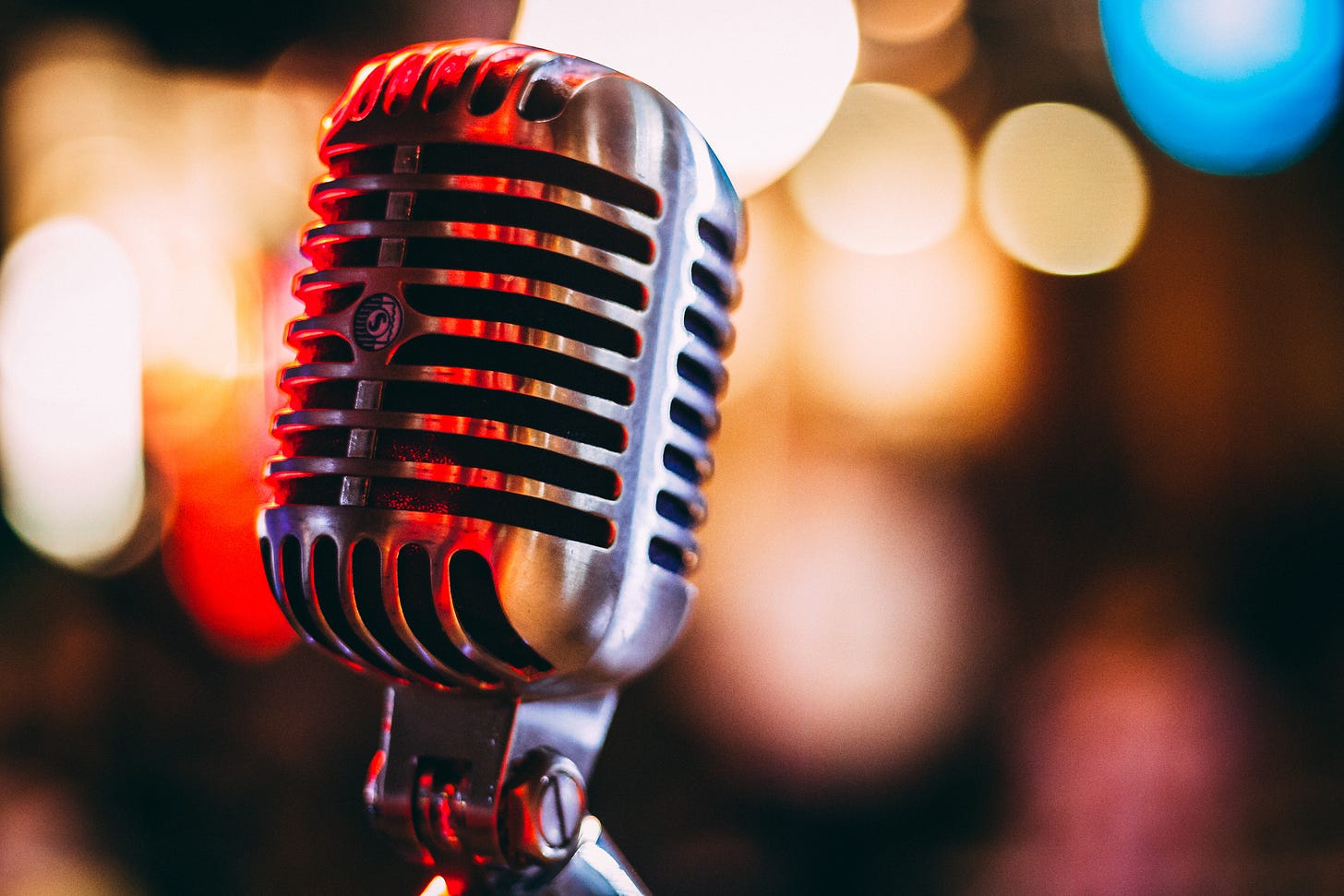If you want to leave an impression, stop trying to sound smart. Become a better listener instead.
For centuries, we have praised gifted orators. There are scores of books, classes, and training resources to help you be a stronger speaker. But when it comes to effective communication, we’ve got it backward. Our power isn’t in the charisma of what we say. The real magic happens when we listen well. The best communicators aren’t the people who sound the most polished. They’re the ones who know how to shut up.
There’s nothing sexy about the skill of listening. It’s not how you win over a crowd. Good listening won’t make you famous, but it can make you unforgettable. If you can listen to someone in a way that leaves them feeling understood, you will stand out because, unfortunately, excellent listening is so rare.
Good listening isn’t innate. It’s a skill we can all learn and hone. One of the reasons we struggle with listening so much is due in part to the fact that many of us have so few experiences of being deeply listened to. How often do you get someone’s undivided focus for more than a minute or two? How many conversations do you leave each week feeling fully understood? When you live a lifetime with people paying partial attention to you, it’s what you come to expect. We settle for conversational mediocrity.
How can you be a better listener? First, reflect on an experience when you knew for certain you were accurately heard and understood. Contrast this exchange with a time when it was clear the person in front of you was not fully present in your conversation. Now, reverse engineer how you might recreate the first kind of experience for the people you talk to.
Skilled listening requires commitment and intention. It begins with quieting the chatter in your mind so you can give the person in front of you the gift of your unbroken focus. Don’t make people compete for your attention. Put away your phone. Look them in the eyes. Suspend assumptions and be eminently curious. Check-in periodically to ensure that you’re tracking with them accurately. Avoid the pull to fill every silence. Become a student of the person who is sharing with you—endeavor to come away from each interaction having learned something new. Remember what people say. Do something with the information they provide. Give them reasons to trust you, now and in the future.
As a psychologist, I’ve been trained to listen differently. I hear with my ears, eyes, and heart. I pay attention to the words people choose and the things they bury in silence. I think about what is said out loud and things spoken through behavior. Our bodies have an uncanny way of telling unconscious truths we politely try to conceal. An uncomfortable but subtle shift in a seat. The turn of a gaze. A fidget of a foot. The slight waver or crack in a voice. These contextual clues provide a richer picture of the person speaking to me. Are they annoyed, bored, or uncomfortable? Why might that be?
I listen to others by listening to myself, too. The reactions someone elicits in me help me better understand how other people in their life experience them. (Because, wherever we go, there we are.) Through the stories my clients tell, I come to understand what they already know about themselves. I also start to identify what they can’t or don’t want to see about who they are. Eventually, I tell them. It’s one of the most important things they’ve hired me to do—help strengthen their self-awareness by compassionately but candidly refracting their blindspots. Over time, I teach them to do what I do: listen and observe, first to themselves, then to others. My greatest impact doesn’t stem from some complex theoretical insight I gathered during six years of graduate school. Instead, it starts with my willingness and commitment to paying attention. On purpose. For an extended period of time.
Who and what have you been missing?
Slow down. Tune in so you can listen deeply.
Someone is waiting to share a story you need to hear.
If you liked this post, spread the Joy and share it with someone else!
If you’re interested in more strategies for strengthening self-awareness and raising your EQ, don’t miss Finding Joy:
For more of my musings on love, life, and work, you can follow me on Twitter, Linked In, and IG.




